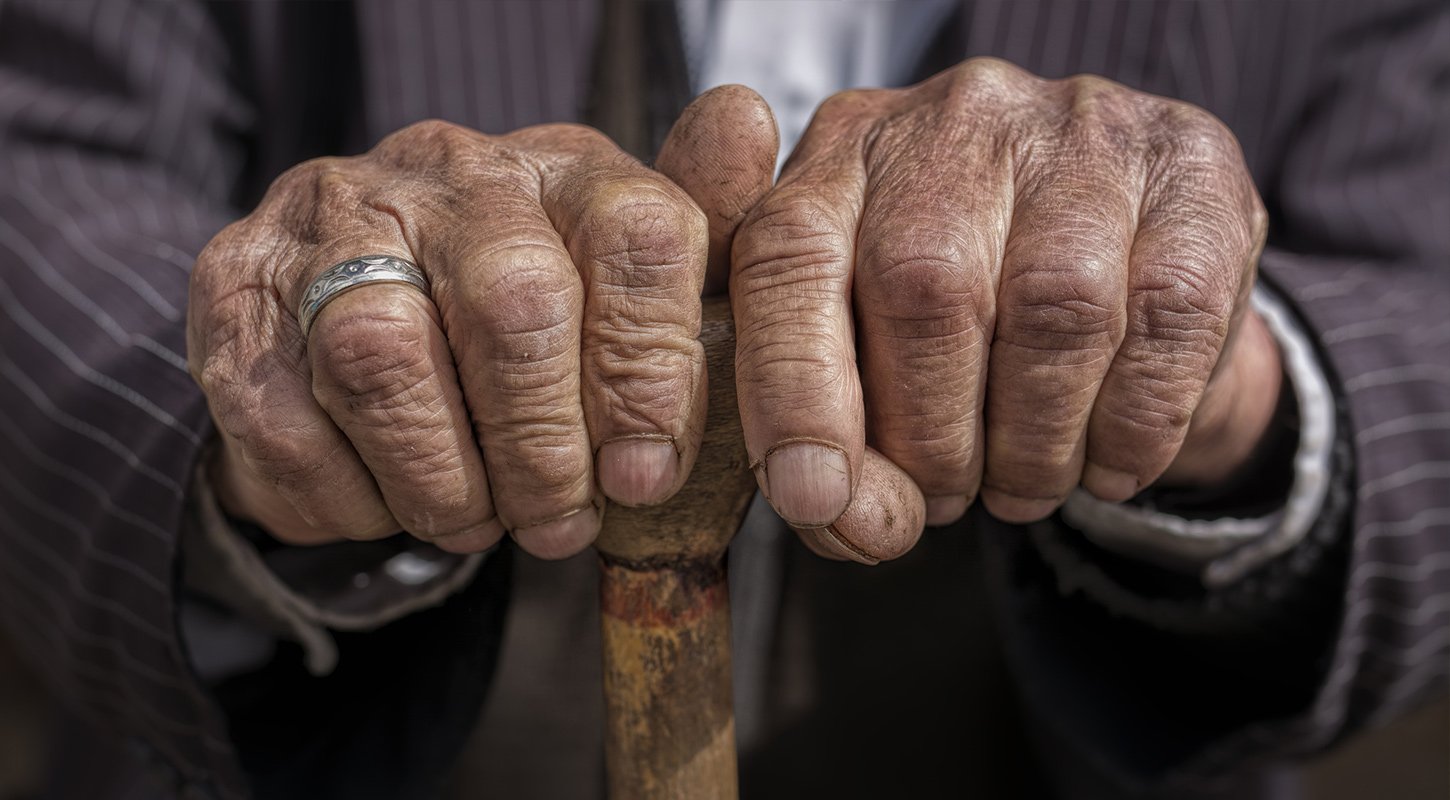Don’t Forget You: How Caregivers Can Care for Themselves

Being a caregiver can be tiring, stressful, and overwhelming. It is natural to want to be in the position to take care of a loved one who is sick, but it is also important to make sure that you’re fulfilling your own needs, too. Many times caregivers find themselves getting sick or even ending up in the hospital because they haven’t made their own health a priority.
Some of the most commonly reported issues from caregivers are:
- Lack of sleep
- No physical exercise
- Lack of a nutritious diet
- Missing or postponing their own doctor appointments
- Not resting appropriately when sick
There are some simple ways you can take time for yourself to ensure that these problems don’t become an issue for you.
Fuel your body appropriately. This means making sure that you’re getting the most nutritious, well-rounded diet possible, as well as including the proper amount of exercise in your daily routine.
Identify stressors in your life. Stress is inevitable as a caregiver, but it is important to recognize where it comes from. Assess these factors and see what can and cannot be changed so you can start on your journey to alleviating as many issues as possible. Find ways to reduce stress that work for you and make sure to build them into your schedule.
Don’t be afraid to ask for help. If your caregiving responsibilities aren’t leaving you with the time necessary to take care of your health, don’t be afraid to ask for help. Reach out to friends or family members who may be willing to take over for you, even if it’s just for an hour. If you have a list of items that need to be completed, consider showing it to a potential helper to see what they would be willing or able to assist with. This way, everyone feels comfortable with the situation.
Be aware of your emotions. If you find yourself feeling sad and notice that your emotions are interfering with your day-to-day life, you could be coping with depression. Many caregivers experience this, so you are not alone. Signs of depression include:
- Overeating or loss of appetite
- Lack of energy
- Difficulty sleeping
- Issues with memory, focus, and decision-making
- Loss of interest in hobbies
- Irritability
- Restlessness
- Headaches or other chronic pain
If you are experiencing any of these symptoms, talk to your doctor right away to make sure you can address the way you’re feeling in a healthy manner.
Taking care of yourself helps make you a better caregiver to your loved one, so don’t forget to focus on yourself. Speak with your doctor for personalized tips or recommendations for support groups in your area.
